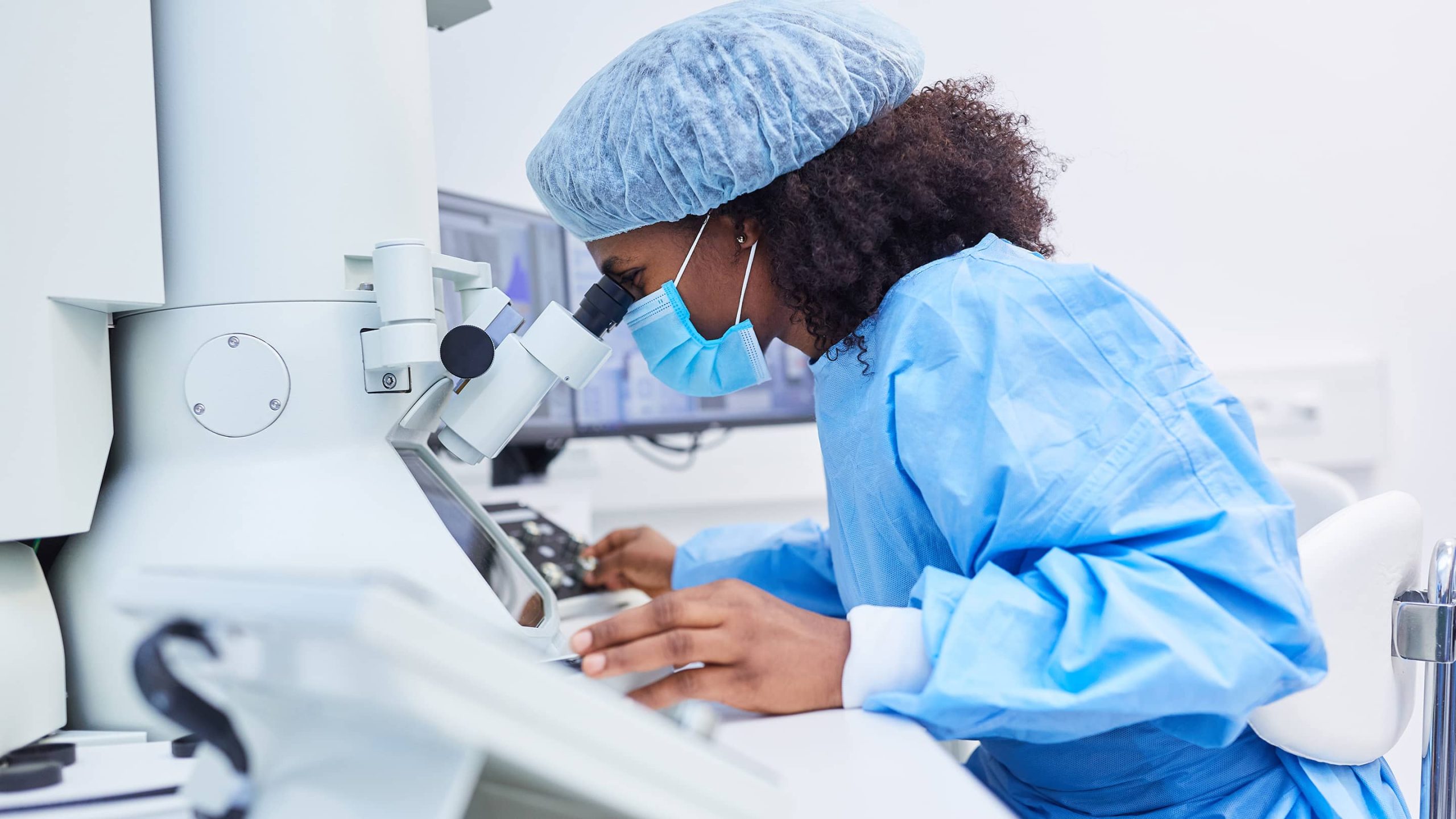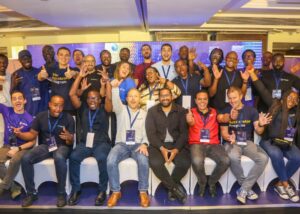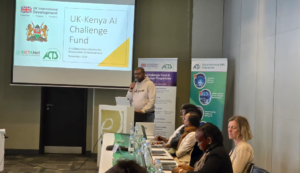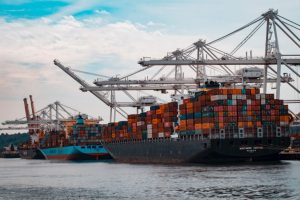Key Developments
World Bank Pledges $120 Million for Kenya’s First-Ever Vaccine Facility

The announcement came during a tour of the facility in Embakasi, Nairobi, led by Health Principal Secretary Harry Kimutai and World Bank Vice President for Human Development Mamta Murthi.
The Kenya BioVax Institute is spearheading the project, aiming to initially fill and package imported vaccines within the next five years.
This critical step towards vaccine self-sufficiency aligns with Kenya’s aspiration to meet its growing demand for vaccines, currently estimated at 16 million doses annually and projected to reach 25 million in the coming years.
“The World Bank is one of the biggest supporters of our journey to vaccine production,” said Mr. Kimutai, acknowledging the institution’s significant contribution. The facility boasts two filling lines, boasting the capacity to fulfill the anticipated demand.
This initiative comes at a pivotal moment, following the recent news of WHO approval for a Kenya-tested malaria vaccine.
The development of local vaccine production capabilities promises to strengthen Kenya’s healthcare system and contribute to broader regional and continental health security.
Related Articles
Register Now
Empower Africa Times Newsletter
Share :
You may also like...

Visa Strengthens African Digital Economy with Investments in Four Fintech Startups
Visa has announced investments in four fintech startups that recently graduated from its Africa Fintech Accelerator program.

Kenya Launches UK-Kenya AI Challenge Fund to Advance Ethical AI Development
Kenya has made a significant stride in building a responsible and inclusive artificial intelligence (AI) ecosystem with the introduction of the UK-Kenya AI Challenge Fund.

Nigerian Fintech FrontEdge Secures $10 Million to Boost African Cross-Border Trade
FrontEdge, a Nigerian fintech startup based in Lagos, has successfully raised $10 million in a seed round of funding, with over 70% of the capital contributed through debt financing.
